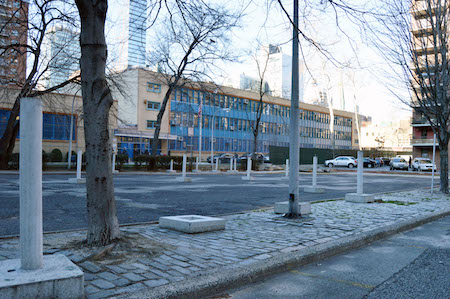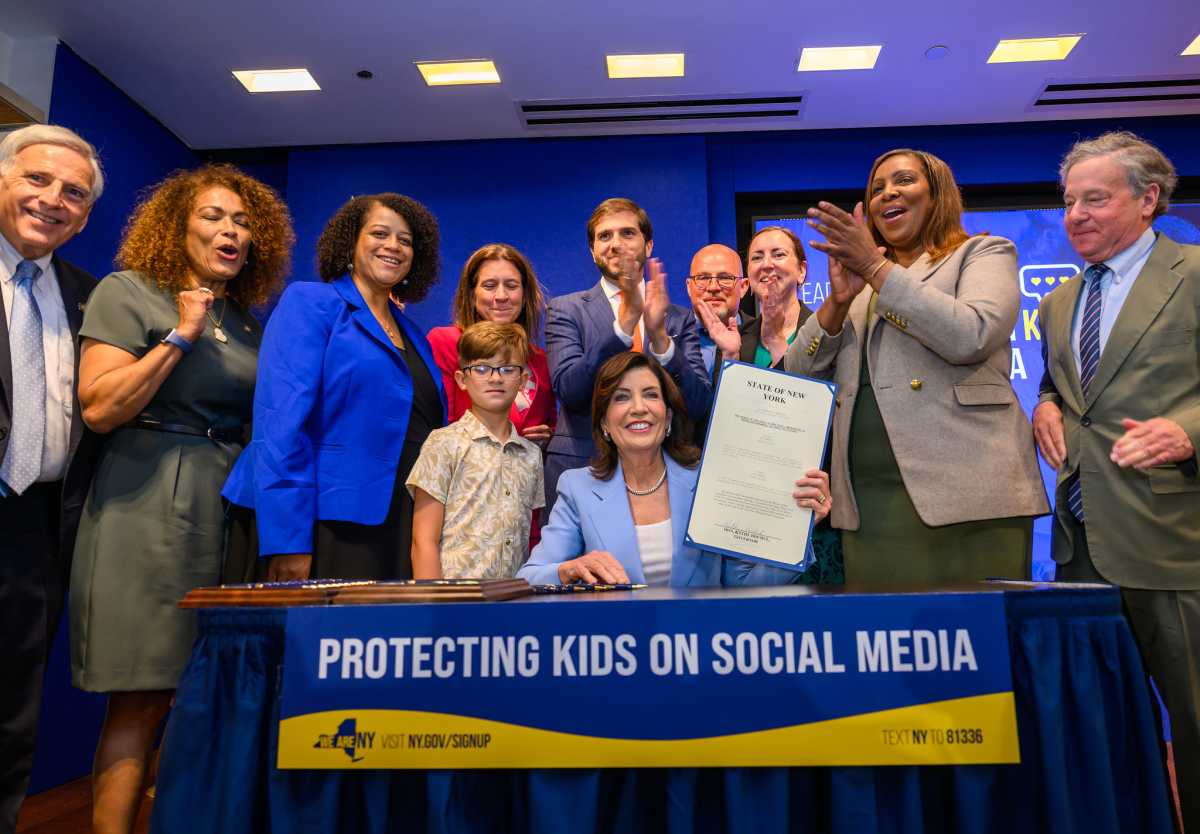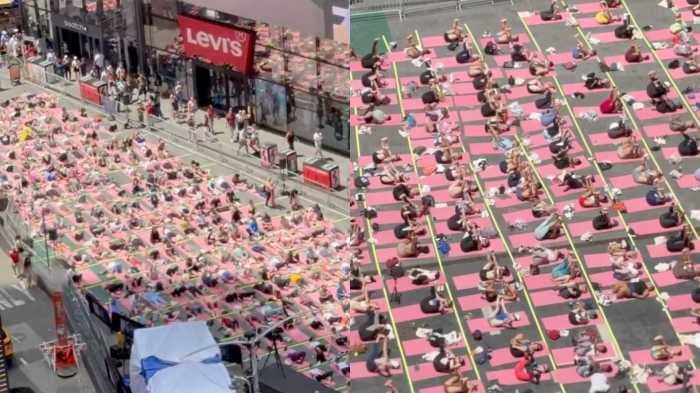
BY JACKSON CHEN | New York State Attorney General Eric Schneiderman let a February 1 deadline pass without filing an appeal of a State Supreme Court ruling that called for more environmental review of a proposed 20-story nursing home on the Upper West Side.
While opponents of Jewish Home Lifecare’s proposed nursing home development on West 97th Street considered the lack of a state appeal an advantage, Greenberg Traurig — the law firm representing JHL — is still cranking out its own appeal.
JHL’s impending appeal comes after State Supreme Court Judge Joan B. Lobis, on December 9, ruled that its proposed nursing home development — to be built adjacent to P.S. 163 and various residential complexes — would require the “requisite hard look” at the impact of noise and hazardous materials in the state Department of Health’s environmental review.
After JHL’s filing of a notice of appeal, Schneiderman and his office had until the end of January to file their papers. With the deadline passed for the AG’s appeal, JHL is now alone in challenging Lobis’ decision.
According to a JHL spokesperson, they are still moving forward and finalizing the appeal.
“We believe we have a strong case for appeal and hope that the Appellate Division will hear arguments in the spring,” the spokesperson said.
For the attorneys representing the opposition, they feel they’ll have the upper hand when the case enters the courtroom in the state’s Appellate Division. According to Rene Kathawala, an Orrick, Herrington & Sutcliffe attorney representing the parents of P.S. 163, JHL missed two deadlines on January 4 and February 1 that would have placed them on the Appellate Division’s calendar for March or April, respectively.
Despite JHL’s appeal, Kathawala said Schneiderman choosing not to appeal raises many questions.
“We feel that it indicates that the attorney general’s office feels that Judge Lobis’ decision was correct, otherwise why wouldn’t the AG appeal?,” Kathawala said. “It’s probable that the DOH said we’re done with this.”
Neighboring residents, who filed suit separate from the P.S. 163 parents, felt the AG stepping away from the case is indicative of a more cautious approach by the state. Joel Kupferman, the attorney representing them, said the Flint, Michigan water contamination crisis may have had some effect on Schneiderman and DOH’s decision.
“I think they think it’s more important to register any doubt, especially post-Flint and post-Detroit, and that there should be more testing on the table,” Kupferman said, referring to the Michigan debacle that resulted when access to Detroit’s Lake Huron water was denied Flint, which then turned to the Flint River for water.
The attorney added that the AG’s office may not agree with JHL’s arguments in its appeal.
According to JHL’s court documents, its appeal is based on the assertion that Lobis considered testimony and evidence from experts on the opposition’s side in her decision, even though that information wasn’t part of the public record.
Lobis’ ruling allowed “Petitioners to transform the cooperative [State Environmental Quality Review Act] process into an ambush,” JHL argued, according to court documents.
In response, Kupferman argued that there were no surprises from what their experts said because their evidence backed up assertions that the community already brought up during the public review process.
Kupferman, who is the executive director of New York Environmental Law and Justice Project, said he would be filing a counter-appeal on behalf of the residents, seeking a complete do-over of the environmental review, as soon as JHL files its appeal.
According to the court schedule, JHL has to file its appeal by February 22 to get on court date for May. While JHL’s notice of appeal is valid for nine months, Manhattan Express has learned that JHL is planning to file shortly.

































